Thoughts for Nigerian cancer patients
Sam Eferaro This Week
No matter what doctors or other experts will say, the diagnosis of cancer, to me, is like a death sentence, especially in Nigeria – and I don’t mean to scare anyone or sound alarmist. They may not say it but even doctors themselves dread it.
My uncle was a well known obstetrician and gynaecologist in Warri. He spent months denying that he had cancer, even after series of tests and CT scan revealed that he had the disease. He later told me on his sick bed at UCH why he just didn’t want to hear the word “cancer”. In his training days, he was a resident doctor in a cancer unit of a German hospital and he saw the pain, agony and severe trauma many of the patients went through as they received treatment for cancer. “No matter what, I can’t imagine myself going through all that, especially in this country,” he said.
He did accept the diagnosis, eventually and he was all praises for doctors and the medical staff of UCH for their high standard of care. But he died.
There’s also the pathetic story of my beloved Christian sister. In her own case, she discovered the killer disease very early when she could have been saved but the Nigerian system failed her. As a record staff of a “big” Lagos-based private hospital, she did not hesitate to show the tiny lump on her breast to her boss, the medical director. The doctor simply removed the lump and that was the end of the story. He didn’t bother to send the lump sample to the lab for a biopsy, to know whether it was cancerous or not. That would probably cost the hospital more money, he must have thought. The surgery wound soon got healed and my sister went about her normal duties until about two years or so later when the lump reappeared with vengeance. To cut the story short, by the time she got to UCH, the cancer had spread (or metastasised as the medical people will say) to other organs.
Then she began the horrendous and tortuous cancer therapy. The chemotherapy was hell and radiotherapy, simply unbearable. I don’t know which one kills – whether the therapies or cancer itself. Within a short period, her hair had fallen off and the beautiful woman was just a ghost of her normal radiant self. She became so emaciated and tearful as the pain ripped her body apart. At a point you would even pray that God should just end her life altogether. After months of agony, she died.
There are several other Nigerians going through the pain of cancer today. Our heart goes out to them this World Cancer Day
Cancer is a leading cause of death around the world. WHO estimates that 84 million people will die of cancer between 2005 and 2015 without intervention. In Nigeria, experts say no fewer than 10 people die from cancer every hour. Every day, it kills about 240 people and about 81,000 people every year. Globally, a woman dies from breast cancer and every two minutes a woman dies from cervical cancer. Also, Nigeria reportedly has about two million recorded cancer cases at the moment while no fewer than 100,000 new cases are diagnosed in the country every year.
We have been told that the situation in our dear country is rather more pathetic because most patients get to the hospital too late when their cases had become almost hopeless. Yet, it is known that many patients are surviving the dreaded disease in countries with better care programmes. In Nigeria, you are on your own if you develop cancer. There’s no help from anywhere accept of course that which cones from God.
Cancer treatment in Nigeria, to say the least, is far from what it should be in a nation of over 178 million people. As at December 2015, only 2 out of Nigeria’s EIGHT chemotherapy machines are functioning. Other African countries like South Africa, Egypt and Sudan have 92, 76 and 7 of such machines respectively. That is not all, cancer is not covered by our health insurance (NHIS) and there’s just no concession about its management in our government hospitals. Obviously, cancer is not a priority in our beloved country.
But cancer remains one of the costliest diseases to treat. Both radiotherapy and chemotherapy don’t come cheap. In fact cancer drugs are among the costliest. Yet, they are subjected to government’s high import tariff and duties. A pharmaceutical company once pleaded with government to waive the duties, saying this will automatically bring down the cost of cancer drugs by almost 20% but this has been ignored. Right now, only the very rich can afford to have good cancer treatment in Nigeria but unfortunately the disease does not look at your pocket before striking.
A large number of our doctors and other care givers do not have enough knowledge about cancer. Like my sister above, quite a number of patients have been sent to their early grave as a result of improper or inadequate diagnosis and treament. Doctors in the private hospitals hardly bother to refer patients to specialised centres even when it is obvious they don’t have the right knowledge or facilities to manage certain cases.
In all these, one thing is certain. The Federal Government must take the lead in ensuring that cancer patients receive adequate care, compassion and every assistance they require to cope with the debilitating disease.
For now, we can only pray for anyone suffering from cancer in our dear country. May the Lord give you succor and grant you the miracle you need to overcome the disease!
For the rest of us who do not have cancer, let’s take the experts’ advice more seriously.
Let us always remember that cancer is a potential curable disease if treated early. We must never forget that any lump in the breast should not be taken for granted and require medical attention. Similarly, anybody who is passing blood through the anus, that is bloody stool, should not just assume that it is pile or haemorrhoid. They should consult a doctor to avoid the late stage colon and rectal cancer. We must not forget that where cancer is detected early there’s always a treatment to prevent the agony associated with the late stage treatment. The early stage is therefore not the time to start jumping from one healer to the other. May God save us all from the dreaded scourge of cancer. Amen.
Welcome to my world.


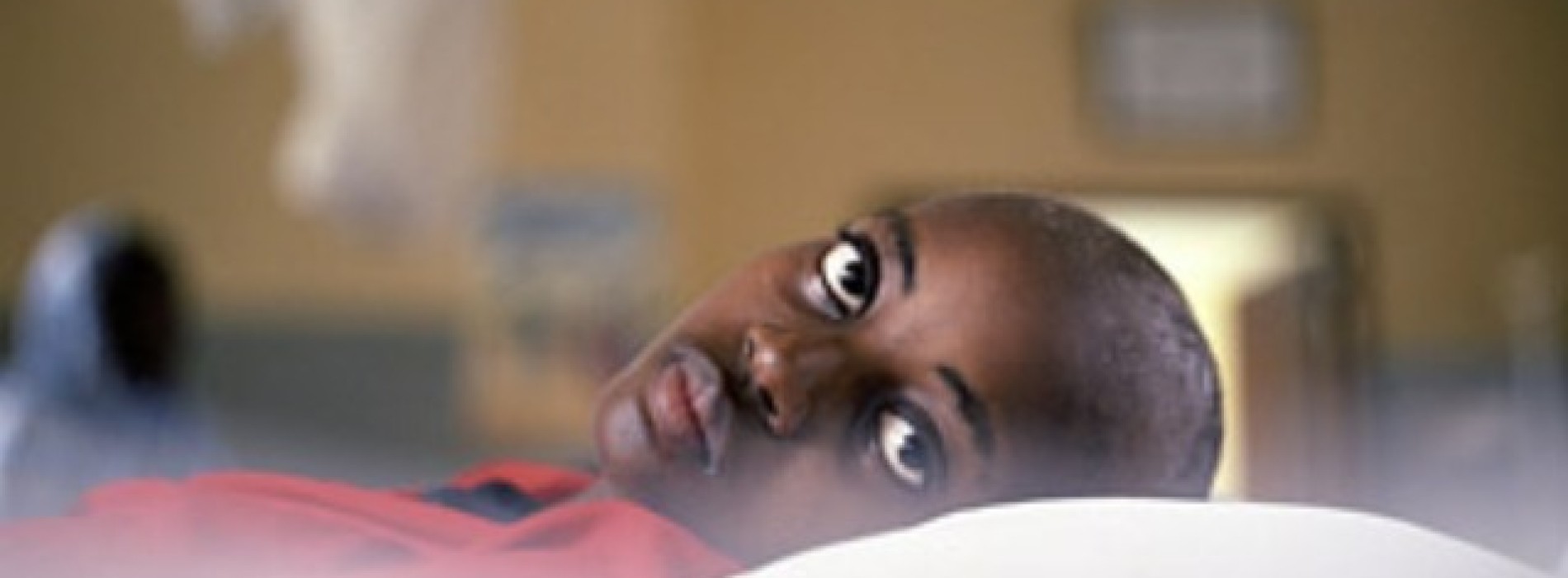
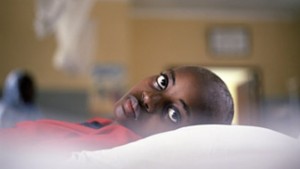
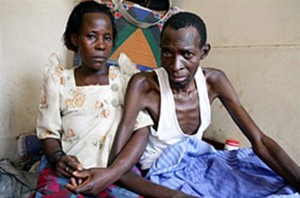
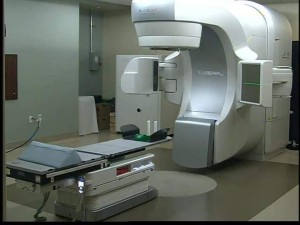
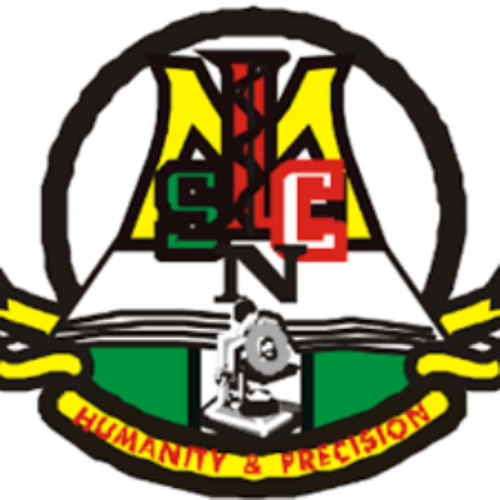
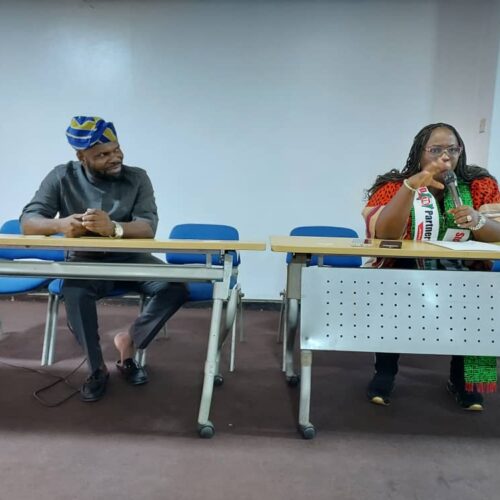


0 Comments
No Comments Yet!
You can be first to comment this post!